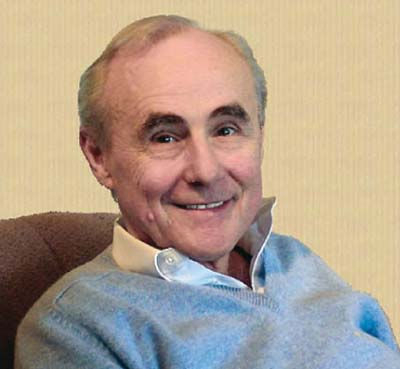Mental Illness or Human Suffering?
- Maria Alda Gomez Otero

- Apr 24, 2017
- 2 min read
Updated: Jun 7, 2019
In recent years, we are becoming more acceptant of labels belonging to the medical professions in our everyday life. For example, #mental illness, #bipolar, #depression. Some of these terms are increasingly used to identify human states of mind and mood that might have been considered in the past as a normal part of human suffering. So how do we know when we are mentally ill or just suffering as humans?

Human suffering is usually a temporary condition, whereas mental illness can be more permanent. If someone close to you dies, it is normal to feel sad. But if you continue feeling sad years after it happened, you may be struggling with something more serious, like a depression. However, there is a very fine line between these two concepts because if you believe that you are mentally ill, or depressed, then you will be. Society might influence your own judgement and your doctor’s or counsellor’s judgement regarding whether you are effectively ill or just suffering as a human being.
As Summerfield states in Cross cultural perspectives on the medicalisation of human suffering, “the attitudes of wider society (which may change over time) shape what individual victims feel has been done to them and the vocabulary they use to describe this, whether or how they seek help, and their expectations of recovery.” If the wider society believes that a traumatised person must be carrying a heavy load that will impact negatively on their future life, that person will be prone to carry such a load and feel that negative impact. That would prevent them from seeing the other side of trauma, which normally brings growth and a deeper appreciation of life.

Many of the people that I work with are #suffering due to the heavy load of living in an individualistic society that tends to label them and does not leave room for their human suffering and recovery. In some cultures, there are no words for depression. A person is part of a group, and the group will help and accept what is happening to the person. This person does not feel stigmatised and isolated, and eventually moves on. There is no stigma as suffering is considered a human characteristic dealt with in a community of human beings. In our society, there seems to be an expectation to be independent and happy. In such a society, is there a place for human suffering? Are we able to ask for help to family and friends? Are we too quick to label human suffering as mental illness, as something that needs fixing?
I wonder whether we need more communities to accompany each other in this journey that is our life and especially when we experience human suffering. I wonder whether we can accompany another person and let another person accompany us when our life seems like a challenge. In my opinion, counselling is a journey in which one person feels accompanied by a professional who is able to accept and understand human suffering. This acceptance and understanding makes the “sufferer” accept and understand his or her predicament and transform his or her life. #Counselling is also a tool to help the “sufferer” learn how to find resources within themselves and in their communities so that when further suffering occurs, they would know how to cope with it.




Comments